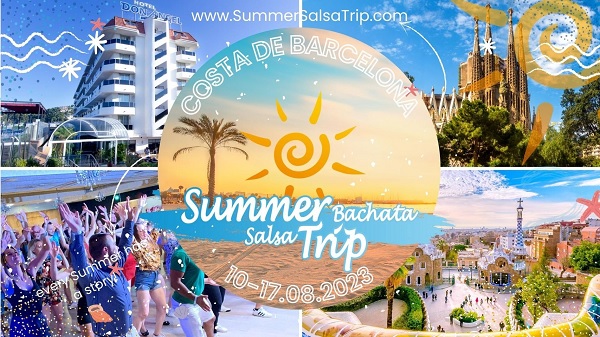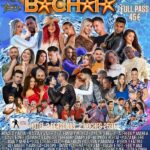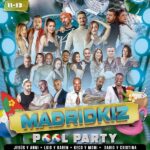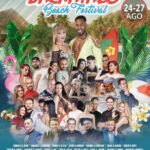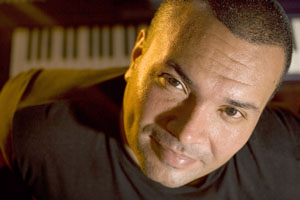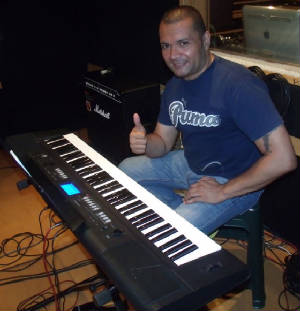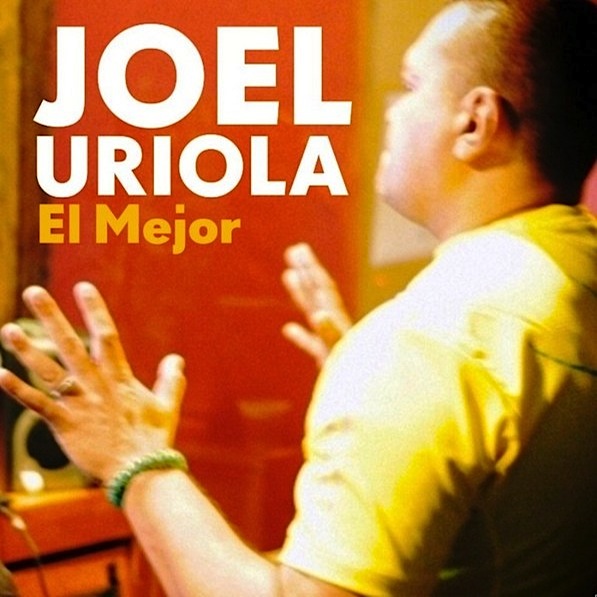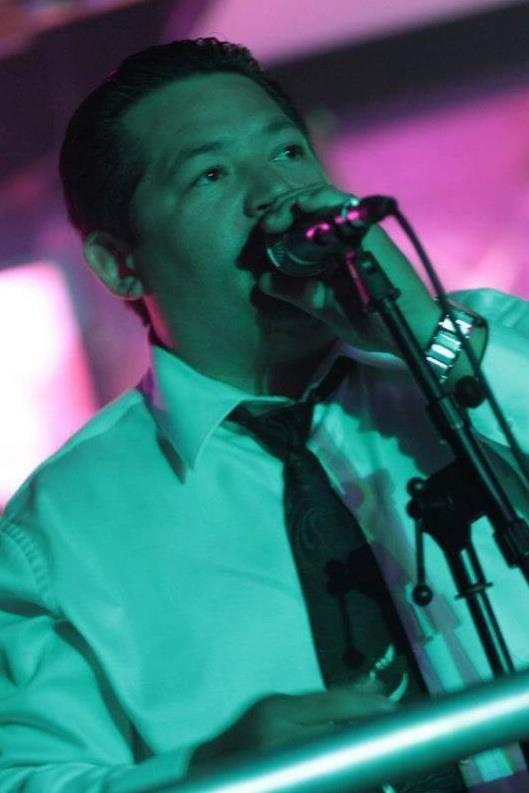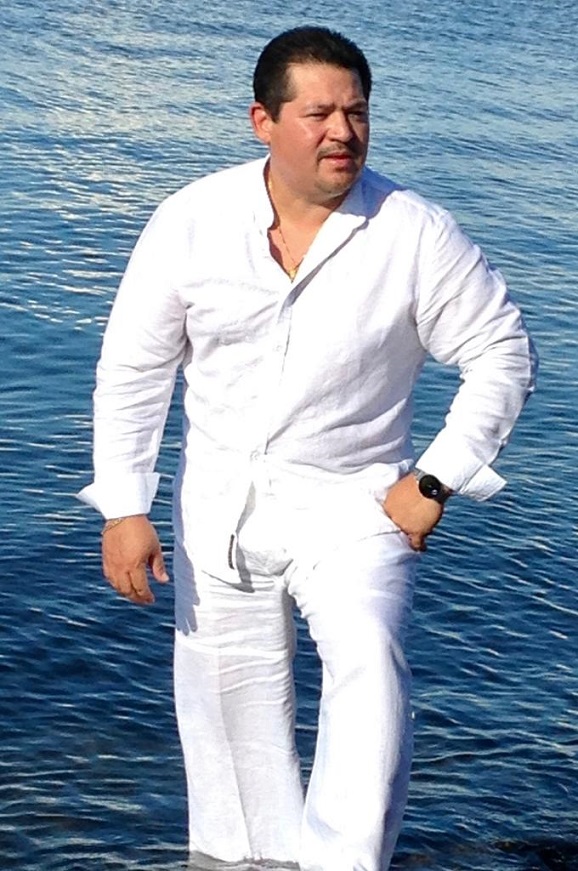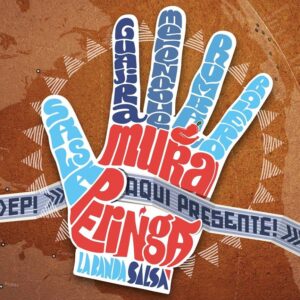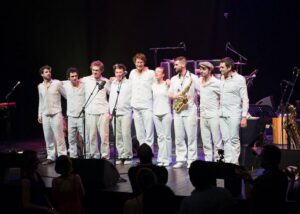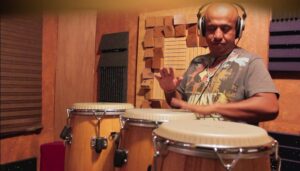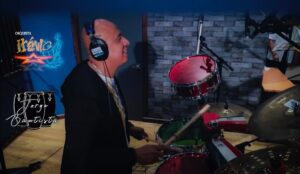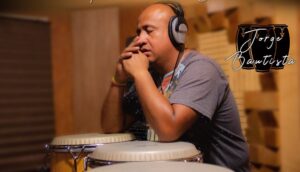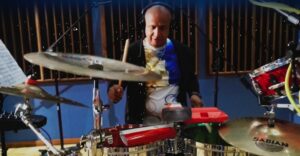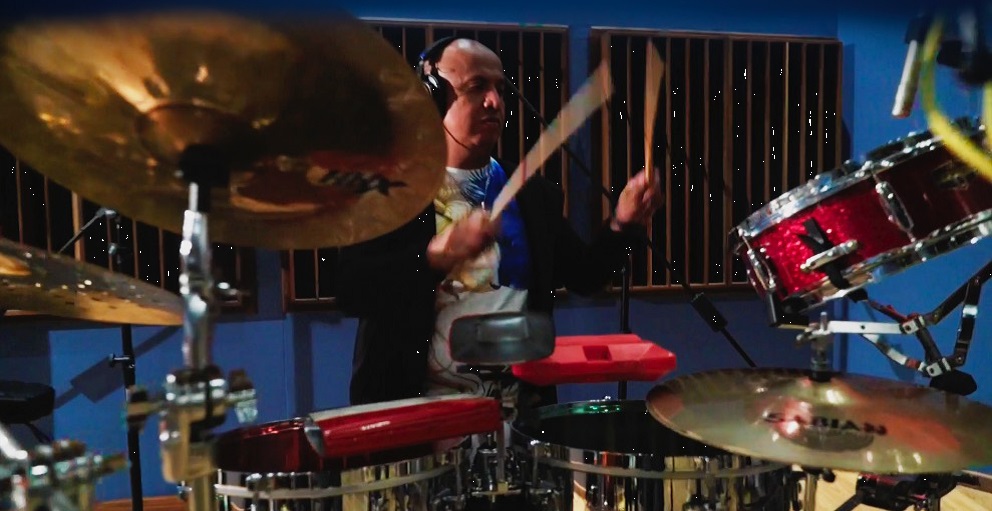SalsaNor’s Rueda CongressAug 31 2023 – Sep 03 2023
|
Eurostars Madrid Foro HotelRonda de Europa, 1, Tres Cantos, Spain, 28760 DescriptionThe 20th edition of SalsaNor’s Rueda Congress offers 50 workshops and 4 parties with national and international instructors and artists performers: Enrique Solla & Meli Rodríguez de Guzman Cost: from € 120 |
Sevilla Sensual Summer04/08/2023 – 06/08/2023
|
Hotel Vértice AljarafeApartaments Vértice Aljarafe. Av. República Argentina,1 DescriptionEvent where we will enjoy Bachata and Kizomba from the best artists. Bachata and Kizomba
Dj´s
|
Summer Bachata & Salsa Trip 2023 ✩ Holidays Official Event10/08/2023 – 17/08/2023
https://www.facebook.com/SummerSalsaTrip https://www.SummerSalsaTrip.com
|
Spain Don Angel HotelCarrer del Pla de la Torre, 14, 08398 Santa Susanna, Barcelona, España DescriptionIt will take place at the hotel in the center of a beautiful city where the biggest bachata festivals in Spain take place. 60 hours of workshops on various levels, separate bachata and salsa dance floor during the events! |
Bachata Summer11/08/2023 – 13/08/2023
https://lasalsadelbaile.com/comprar/bachataummer2023
|
Thalasia Costa de Murcia HotelAv. del Puerto, 327-329, San Pedro del Pinatar, Murcia, España Description:Artists: – Ronald Y Alba – Magda Y Valeria – Alfonso Y Mónica – Antoni Y Belén – Alfredo Y Andrea – David Eines – Tamara Y Candido – Crecory Campillo – Oscar E Inés – Alonso Y Noelia – Yaizà Melero – Franco Rocha – Juan Y Nerea – Jesus Y María – Oleo Eisa Adán – Agustin Y Amanda – Juanma Y Tania – Julio Y Alicia – Andy Y Saray – Marcelo Y Maribel – Samu E Isa Dj: – Dj Salya – Dj Miguelom – Dj Franky – Dj Samu – Nicko Play |
MADRIDKIZ11/08/2023 -13/08/2023
https://wa.me/34636087027?fbclid=IwAR2-HO0fRnZJ727Xd3aiHmCPnK_WqMGTvM4U32pcKCO8GdZ8C5GWPjoYBZ8 |
Hotel SPORT NáyadeAv del Nautico, s/n, 40424 Los Ángeles de San Rafael, Segovia, España Description:Jesús y Anni Dj Neo ***** HORARIOS *** VIERNES SÁBADO DOMINGO *********** PRECIO ******** FULL PASS (sin consumición) NOCHES (desde 23h) |
Bachatazo Beach Festival24/08/2023 – 27/08/2023
https://www.facebook.com/BachatazoBeachFestival
|
VS Gandía Palace HotelCarrer de la Rioja, 41, Gandia, Valencia, Spain Description:4 days and 4 nights of partying (from Thursday to Sunday), from August 24 to 27, 2023…. We will have a POOL PARTY (on Sunday), and a BEACH PARTY (on Friday), because the BACHATAZO takes place in a hotel next to the beach. The important thing is that you book your accommodation soon, because in August, occupancy in Gandía will be 100%. Artists:
DJ’S:
Programación: Thursday:
Friday:
Saturday:
Sunday:
Accommodations: The entire event (workshops, parties, shows…) will be held at the Hotel Versus Gandía Palace, in Playa de Gandía, a beautiful brand-new hotel, just 100 meters from the beach. Hotel launch offer (can only be booked in full board, water and wine included in meals): Double/Triple Room: €99 x person and day. – Minimum stay: 3 nights. |


